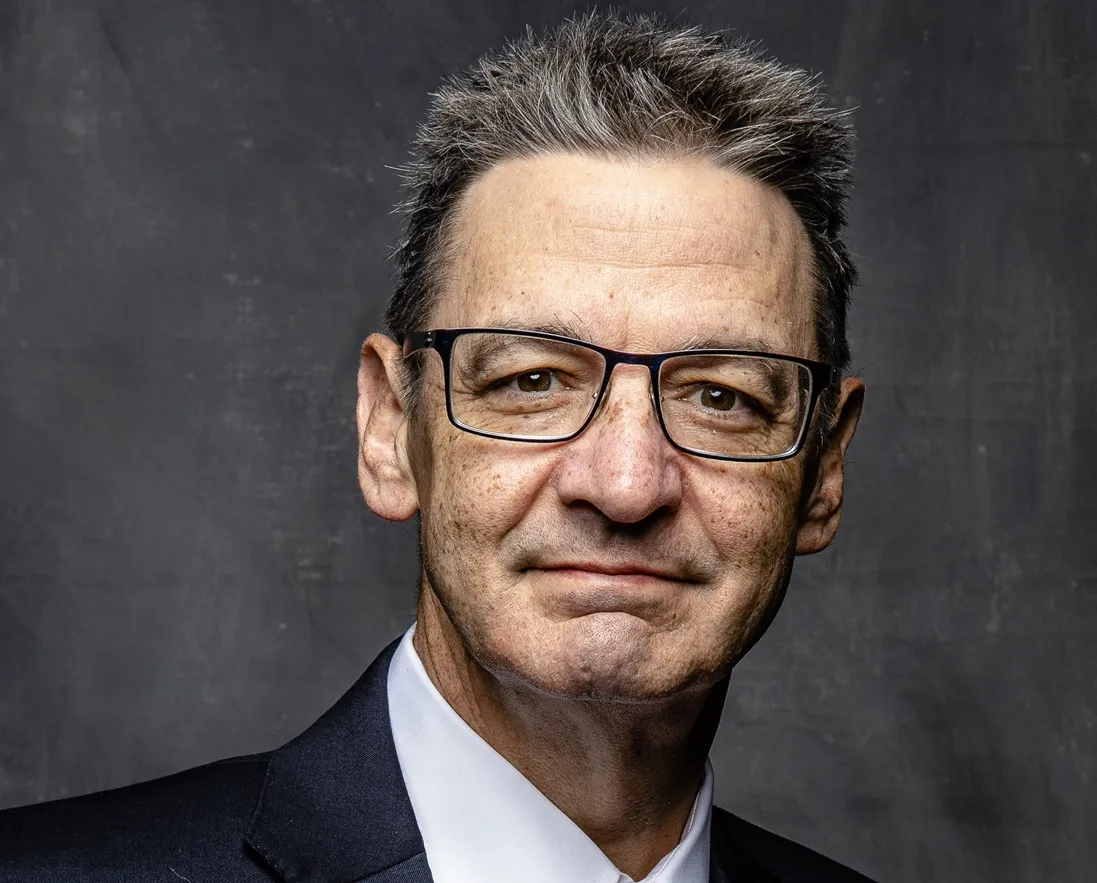A friend of mine's wife used to work on a ladies' magazine. A mid-shelf affair, it would contain the usual round of photo stories on this season's look, interviews with celebrities - some of whom I'd almost heard of - and those 'What does he really think of me?/Why do men act the way they do?' questionnaires.
February 2, 2012
Read time: 3 mins
A friend of mine's wife used to work on a ladies' magazine. A mid-shelf affair, it would contain the usual round of photo stories on this season's look, interviews with celebrities - some of whom I'd almost heard of - and those 'What does he really think of me?/Why do men act the way they do?' questionnaires.
It meant that once in a while I'd get an email asking my opinion on something or other and looking back I suppose that I missed a golden opportunity to at least try to mould the fairer sex's thinking. One question was, 'Why, when men buy women flowers, is it nearly always something pathetic like a raggy bunch of carnations?'
I went with the truth: that those flowers were probably covering for a half-kept or unfulfilled promise, a distress purchase that likely came from a bucket outside a filling station on the way home.
I'm not going to apologise to the male readers of this magazine for my response to her. In reality, I don't think I gave too much away. But the story came to mind when interviewing Peter van de Beek of TISPOL, the European Traffic Police Network. In his view, from the sharp end, enforcement is oftentimes like that bunch of carnations: an afterthought. So is it an afterthought because it's a sticking plaster intended to cover the shortcomings of current technologies and policies, or because enforcement is too uncomfortable for our politicians to wholeheartedly endorse?
We have cooperative infrastructure systems matured to the point of being deployment-ready. We laud the advances that they will confer in terms of safety and the environment. We praise ourselves for being inclusive and engaging. And yet van de Beek, representing perhaps one of the most important stakeholders, says that he hears little about enforcement.
We have the juxtaposition of an infrastructure management industry concerned with safety and a car industry still obsessed with the dash for horsepower. Increasingly, motor journalists seem to regard a car's dynamic capabilities as its sole marketing criterion.
Van de Beek is right. Things just don't mix. Not properly. Not yet. He argues that those responsible for enforcement should for evidential purposes be allowed much greater access to vehicles' onboard systems - present and future. Should that be an issue? I don't think so. Not if we're truly committed to improving safety. Too often, the 'right to choose' breaks down into the pursuit of dangerous selfinterest. Like many others, I'm a committed driver. I enjoy it and I wouldn't want to see that enjoyment curtailed. But I'd sooner a sensible, non-Draconian intervention by the state than waking up wired to a machine to be told that my life has been changed irrevocably. Besides, I hate carnations...
Enforcement is seen as too dirty a word by our politicians. To be fair, I don't think that some past deployments have done us any favours. But nor do I think that the majority of people are as averse to it, in
the face of reasoned arguments as to why it is necessary, as some of our leaders seem to think.
I appreciate that political courage and realism have an uncomfortable coexistence. But if we could make the policy and, crucially, the message about enforcement as robust as the technology we could reap safety benefits in an order of magnitude different to what we already achieve.
If nothing else, it might just put paid to the argument that enforcement is but a revenue-earner.










